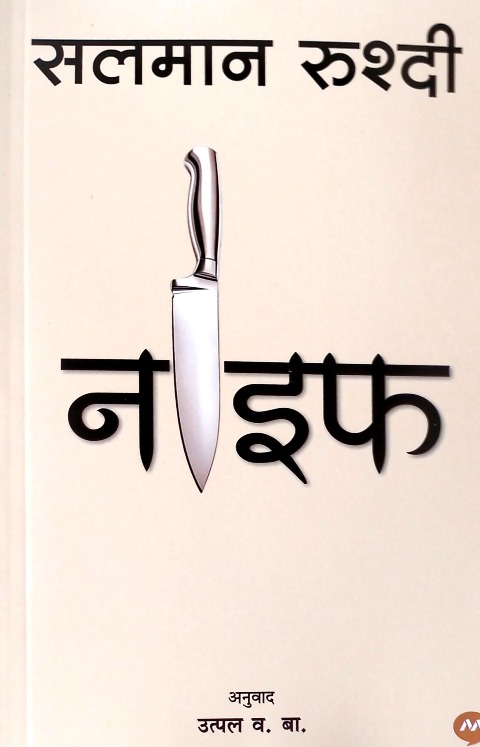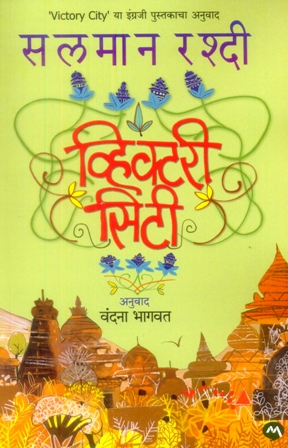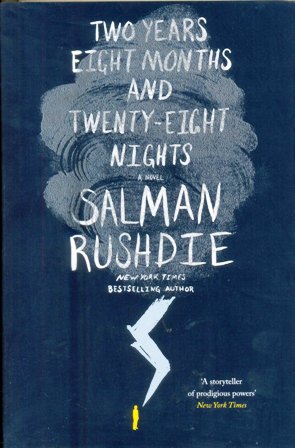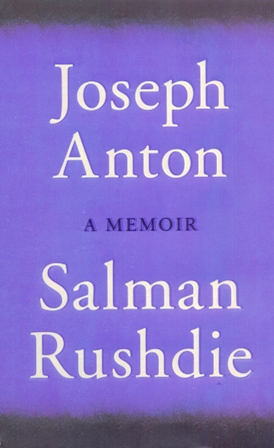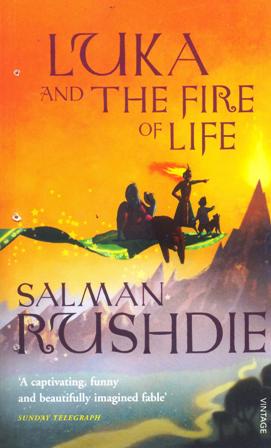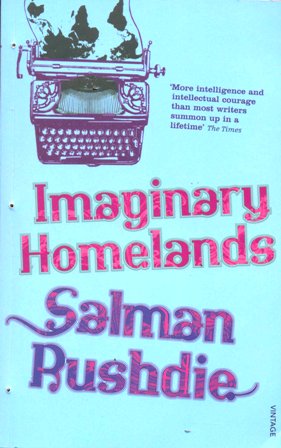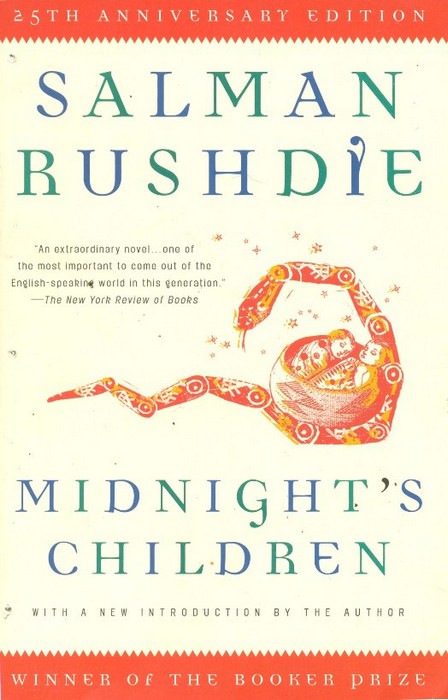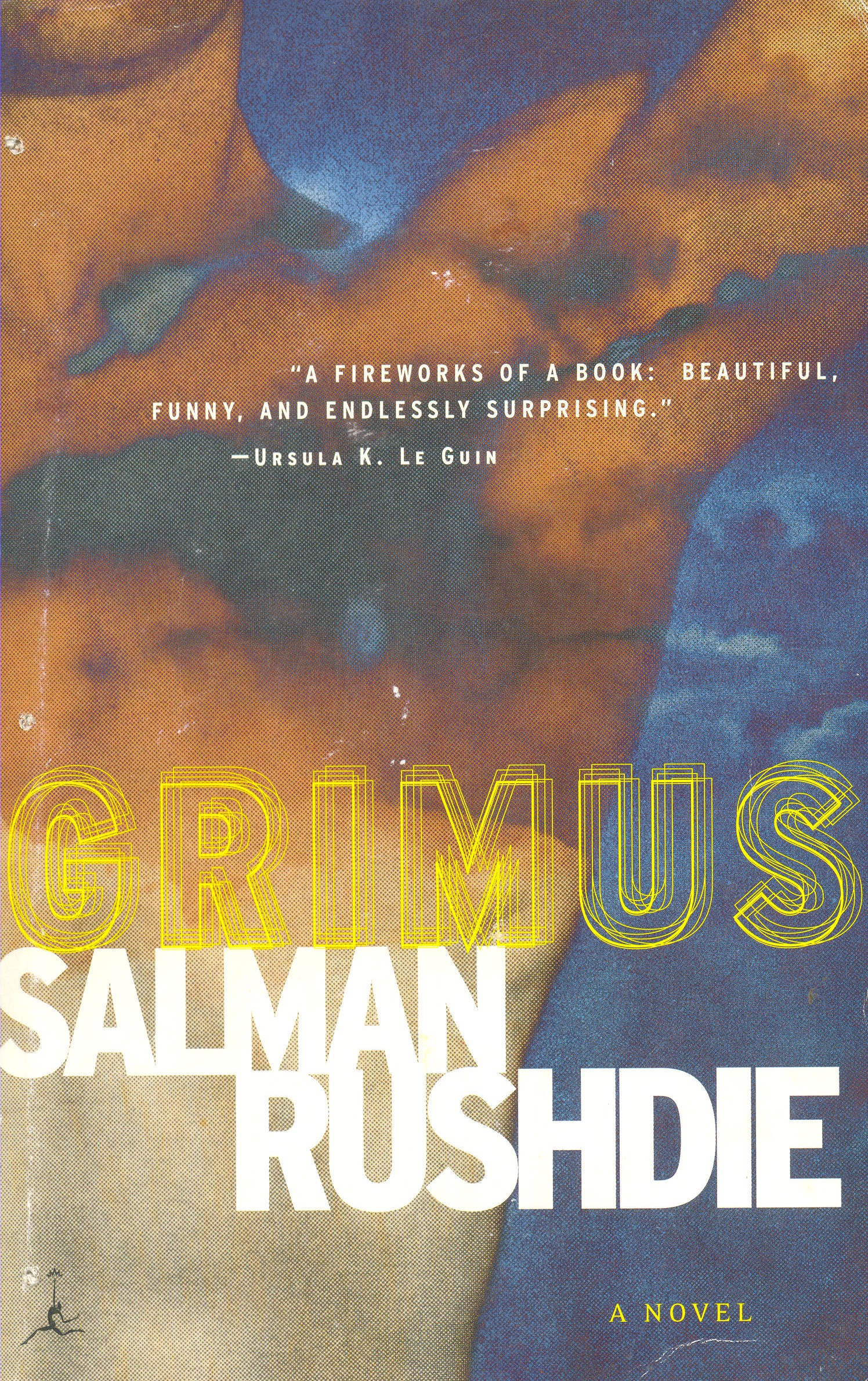-
Knife (नाइफ)
12 ऑगस्ट 2022 च्या सकाळी, सलमान रुश्दी शॅटॉक्वा इन्स्टिट्यूशनच्या स्टेजवर उभे होते. ते लेखकांना हानीपासून सुरक्षित ठेवण्याच्या महत्त्वावर व्याख्यान देण्याच्या तयारीत होते, तेव्हाच काळ्या कपड्यांमध्ये आणि काळा मास्क घालून एक व्यक्ती त्यांच्या दिशेने चाकू घेऊन धावत आली. त्यांचा पहिला विचार होता: “म्हणजे तूच आहेस. तू आलास.” यानंतर जे घडलं, ते एक भीषण हिंसक कृत्य होतं, ज्याने साहित्यविश्वाला आणि त्याहीपलीकडच्या जगाला हादरवून टाकलं. आता, प्रथमच आणि विसरता न येणाऱ्या तपशिलात, रुश्दी त्या दिवसाच्या भयावह घटनेचे आणि त्यानंतरच्या काळाचे स्मरण करतात — शारीरिक पुनर्प्राप्तीचा त्यांचा प्रवास, आणि त्यांच्या पत्नी एलिझा, कुटुंबीय, डॉक्टर आणि फिजिओथेरपिस्ट्सच्या सैन्यामुळे व जगभरातील वाचकांच्या प्रेम आणि पाठिंब्यामुळे शक्य झालेल्या बरे होण्याच्या प्रक्रियेचं कथन करतात. हे पुस्तक म्हणजे वेदना, प्रेम, आणि पुन्हा उभं राहण्याच्या ताकदीची साक्ष आहे – एक प्रेरणादायी आणि थेट मनाला भिडणारी कहाणी आहे
-
VICTORY CITY (व्हिक्टरी सिटी)
पंपा कंपाना ही बिसनागची राणी, कवयित्री तर होतीच; पण ती एक लोकविलक्षण स्त्री होती. ती नऊ वर्षांची असताना तिला देवीचा साक्षात्कार झाला. तिच्या अंत:प्रेरणेतून बिसनाग नगराची निर्मिती झाली. त्या नगरीचा पहिला राजा हक्कपासून शेवटचा राजा अळीय राया इथपर्यंतचा काळ तिच्या दोनशे सत्तेचाळीस वर्षांच्या आयुष्यात तिने पाहिला. पंपा कंपानाचा निर्भयपणा, कलाप्रेम, युद्धकौशल्य इ. गुणांतून तिचं व्यक्मित्त्वं तर ही कादंबरी उलगडतेच; पण तिने पाहिलेल्या राजकीय कारकिर्दींपेक्षा त्या कारकिर्दितील मानवी स्वभावाचे, अंतर्मनाचे पैलू उलगडून मानवी मनाचं, जीवनाचं वास्तव, सूक्ष्म आणि थक्क करणारं दर्शन ही कादंबरी घडवते. The epic tale of a woman who breathes a fantastical empire into existence, only to be consumed by it over the centuries—from the transcendent imagination of Booker Prize-winning, internationally bestselling author Salman Rushdie. In the wake of an insignificant battle between two long-forgotten kingdoms in fourteenth-century southern India, a nine-year-old girl has a divine encounter that will change the course of history. After witnessing the death of her mother, the grief-stricken Pampa Kampana becomes a vessel for the Goddess, who begins to speak out of the girl's mouth. Granting her powers beyond Pampa Kampana's comprehension, the goddess tells her that she will be instrumental in the rise of a great city called Bisnaga—literally 'victory city'—the wonder of the world.
-
Joseph Anton: A Memoir
A compelling and frank account of one of the most extraordinary stories in recent literary history - Salman Rushdie and the fatwa. On 14 February 1989, Valentine's Day, Salman Rushdie was telephoned by a BBC journalist and told that he had been 'sentenced to death' by the Ayatollah Khomeini. For the first time he heard the word fatwa. His crime? To have written a novel called The Satanic Verses, which was accused of being 'against Islam, the Prophet and the Quran'. So begins the extraordinary story of how a writer was forced underground, moving from house to house, with the constant presence of an armed police protection team. He was asked to choose an alias that the police could call him by. He thought of writers he loved and combinations of their names; then it came to him: Conrad and Chekhov - Joseph Anton. How do a writer and his family live with the threat of murder for over nine years? How does he go on working? How does he fall in and out of love? How does despair shape his thoughts and actions, how and why does he stumble, how does he learn to fight back? In this remarkable memoir Rushdie tells that story for the first time; the story of one of the crucial battles, in our time, for freedom of speech. He talks about the sometimes grim, sometimes comic realities of living with armed policemen, and of the close bonds he formed with his protectors; of his struggle for support and understanding from governments, intelligence chiefs, publishers, journalists, and fellow writers; and of how he regained his freedom. It is a book of exceptional frankness and honesty, compelling, provocative, moving, and of vital importance. Because what happened to Salman Rushdie was the first act of a drama that is still unfolding somewhere in the world every day.
-
Imaginary Homelanda
Drawing from two political and several literary homelands, this collection presents a remarkable series of trenchant essays, demonstrating the full range and force of Salman Rushdie’s remarkable imaginative and observational powers. With candour, eloquence and indignation he carefully examines an expanse of topics; including the politics of India and Pakistan, censorship, the Labour Party, Palestinian identity, contemporary film and late-twentieth century race, religion and politics. Elsewhere he trains his eye on literature and fellow writers, from Julian Barnes on love to the politics of George Orwell’s ‘Inside the Whale’, providing fresh insight on Kipling, V.S. Naipaul, Graham Greene, John le Carré, Raymond Carver, Philip Roth and Thomas Pynchon among others. Profound, passionate and insightful, Imaginary Homelands is a masterful collection from one of the greatest writers working today.
-
Midnight's Children
Greeted by fireworks displays, cheering crowds, and Prime Minister Nehru himself, Saleem grows up to learn the ominous consequences of this coincidence. His every act is mirrored and magnified in events that sway the course of national affairs; his health and well-being are inextricably bound to those of his nation; his life is inseparable, at times indistinguishable, from the history of his country. Perhaps most remarkable are the telepathic powers linking him with India
-
Grimus
After drinking an elixir that bestows immortality upon him, a young Indian named Flapping Eagle spends the next seven hundred years sailing the seas with the blessing–and ultimately the burden–of living forever. Eventually, weary of the sameness of life, he journeys to the mountainous Calf Island to regain his mortality. There he meets other immortals obsessed with their own stasis and sets out to scale the island’s peak, from which the mysterious and corrosive Grimus Effect emits. Through a series of thrilling quests and encounters, Flapping Eagle comes face-to-face with the island’s creator and unwinds the mysteries of his own humanity

